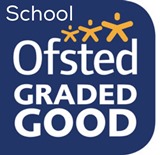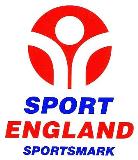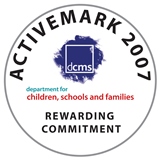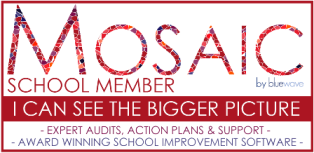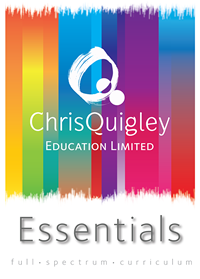The Curriculum
Creative Curriculum
All the way through the school, children have a big say in what they learn - right from the very start of planning for a topic! So, it’s the children who come up with the initial ideas for a topic and the teachers talk through with them how areas of the curriculum might fit in. Two important elements of topic work are the ‘stunning starters’ when teachers plan to enthuse the children from the very beginning and all topics try to build towards something very special at the end. The topics can also head off in unexpected directions if this is where the children’s interests lead. All the way through each topic and through the year, teachers make sure all the essential reading, writing and maths are top priority.
Each topic is planned using the curriculum maps which show the skills the children will learn throughout their half term/term. Each lesson will have three differentiated learning outcomes which ensure each child’s ability is catered for. The progression across the school will be monitored to make sure each year group is challenging their children.
The Chris Quigley Essentials Curriculum
Although the content has been stipulated by the government and statutory assessments will continue to be prescribed, schools are free to assess the skills acquired in each subject, at each stage of learning, in whatever manner they deem appropriate.
At Larwood School, we have chosen to follow the Chris Quigley Essentials Curriculum which sets out essential coverage, learning objectives and standards which are required for all subjects. Furthermore, it provides progress measures for all subjects including personal development.
One of the main reasons why we have chosen to adopt this curriculum is because it emphasises the importance of developing the depth of children’s learning.
In essence, this means providing children with increased cognitive challenge, allowing them to apply the skills which they have learnt independently in a range of contexts rather than moving them onto the next skill needlessly, and before they have gained a greater depth of understanding. Such thinking is encapsulated in the scenario below:
At Larwood School, we want to challenge our children to become independent, well-rounded individuals who take ownership of their learning and become deep thinkers. We want children to be taught the skills and given the confidence to dive for pearls of wisdom and learning through discovery. We know that many of our pupils have had very negative experiences of education so far. Our approach and interaction is different as this is essential to reengage our pupils in a love of learning. We want our children to be able to apply their knowledge and skills in a range of contexts both in school and in real life situations.
How will our children be assessed?
From September 2018, we have been using “Depths of Learning” in order to assess children’s learning. We will assess their progress in each subject, including personal development, by reviewing the depth of their understanding using the Chris Quigley “Depth of Learning Index”.
All learning will be grouped into three Milestones:
- Throughout Y1 and Y2, children will be assessed on the concepts contained in Milestone 1.
- During Y3 and Y4, children will be assessed on the concepts contained in Milestone 2.
- Finally, in Y5 and Y6 children will be assessed on Milestone 3.


All children begin each Milestone at the ‘Basic’ level. At this level they are acquiring new skills and are dependent upon the support of adults in order to learn new concepts. A child at the ‘Basic’ level will be able to: name, describe, follow instructions, use, match, recognise, label and recall concepts and skills, essential in a specific milestone. This is compared with the analogy of “Paddling”, which we share with the children.
Once children are able to demonstrate this ability on multiple occasions, they move to the
‘Advancing’ stage. They are now more independent learners, capable of making some degree of decision whilst applying some of their skills with guidance. Typically, they are able to: explain, classify, infer meaning, make predictions, interpret, summarise and apply their skills to solve problems. We compare this with “Snorkelling”.
Finally, some children may reach the ‘Deep’ level of thinking. This involves a high level of cognitive challenge, where children are expected to apply their skills in a range of complex contexts without the guidance of adults. At this stage, children are able to: solve non-routine problems, appraise, explain concepts, hypothesise, investigate, design and prove. This is compared with “Diving”.
How will I know if my child is making progress?
All children will be expected to make good/outstanding progress from their starting point. If a child leaves Reception at the ‘emerging’ stage, and they make good progress, they will leave Milestone 1 (at the end of Y2) at ‘Basic 2’ which means working towards national expectation. However, at the end of Milestone 2 and 3, they will be expected to leave at ‘Advancing 1’, slightly below national expectations.

